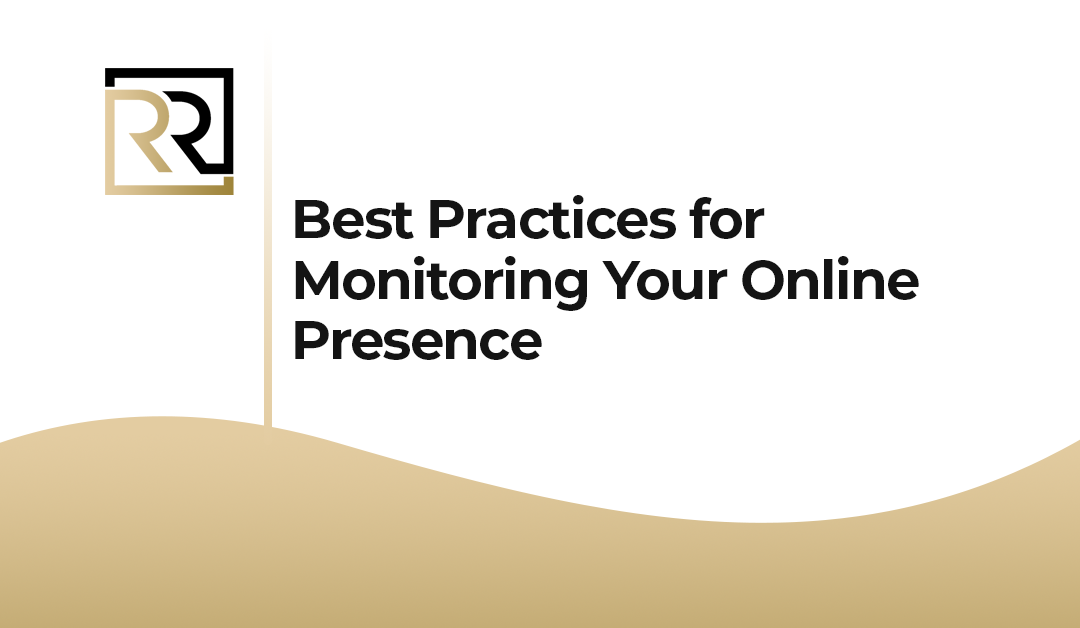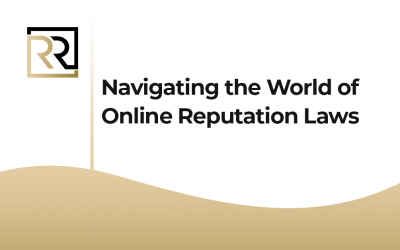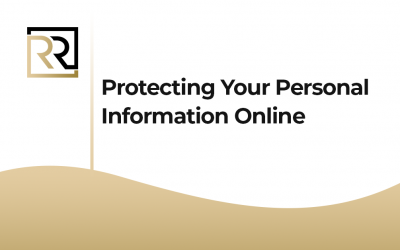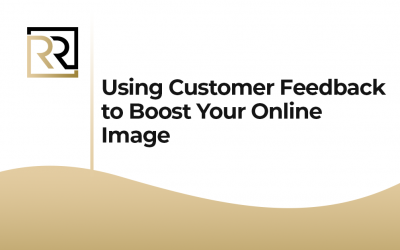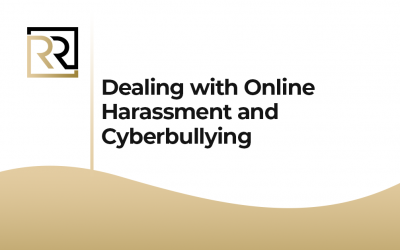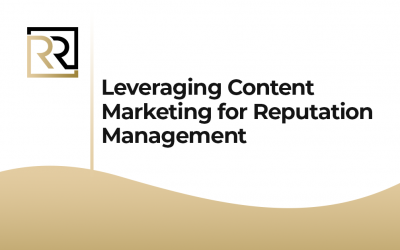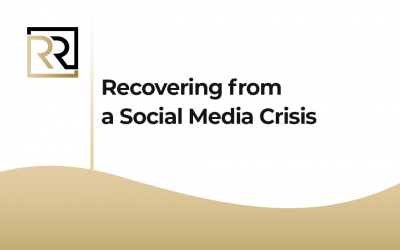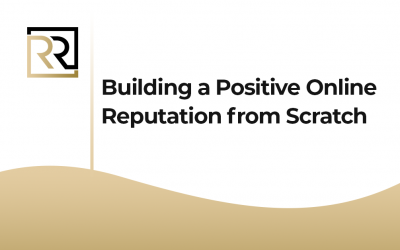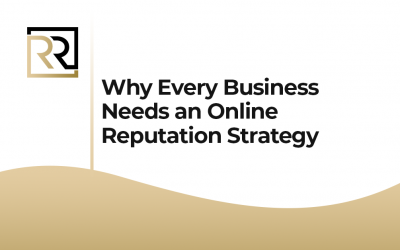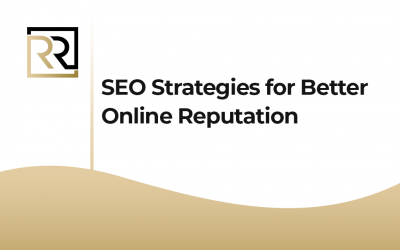Monitoring Online Presence
In today’s hyperconnected world, monitoring online presence plays a pivotal role in shaping your personal and professional reputation. Starting from social media profiles to search engine results, every digital footprint contributes to the perception others have of you. Therefore, effectively monitoring online presence is crucial for maintaining control over your digital identity and ensuring it accurately reflects your desired image. Thus, in this guide, we’ll explore the best practices for monitoring your online presence and managing your digital reputation effectively.
Take care of your corporate reputation management with us.
Best Practices for Monitoring Online Presence
1. Monitoring Online Presence: Conduct Regular Google Searches
Start by performing regular Google searches of your name, business, or any other relevant keywords associated with your online presence. Furthermore, examine the search results to see what information is being displayed and how it reflects your personal or professional brand. Therefore, look for any negative content, outdated information, or inaccuracies that may require attention.
2. Set Up Google Alerts
Secondly, Google Alerts is a powerful tool that allows you to monitor mentions of specific keywords or phrases across the web. Hence, set up alerts for your name, business name, and other relevant terms to receive notifications whenever new content is indexed by Google. Basically, this proactive approach enables you to stay informed about any mentions or discussions related to your online presence in real-time.
3. Monitor Social Media Mentions
Further, social media platforms are often the first places people turn to when searching for information about individuals or businesses. Consequently, regularly monitor mentions of your name, username, or brand across various social media platforms, including Twitter, Facebook, LinkedIn, Instagram, and others. Additionally, use social media management tools or native platform features to track mentions and engage with your audience effectively.
4. Utilize Online Reputation Management Tools
Furthermore, numerous online reputation management tools are available to help you monitor and manage your digital presence more efficiently. These tools offer features such as sentiment analysis, social media monitoring, review tracking, and brand mention alerts. Therefore, choose a reputable ORM tool that aligns with your monitoring needs and budget to gain deeper insights into your online reputation.
5. Monitor Online Reviews and Ratings
Overall, online reviews and ratings can significantly impact your reputation, especially if you’re a business owner or service provider. Also, regularly monitor review platforms such as Google My Business, Yelp, TripAdvisor, and industry-specific review sites to stay informed about customer feedback. What’s more, respond promptly to both positive and negative reviews, demonstrating your commitment to customer satisfaction and reputation management.
6. Audit Your Online Profiles
Hence, take inventory of all your online profiles and ensure they accurately represent your personal or professional brand. This includes social media profiles, business directories, professional networking sites, and any other online platforms where you have a presence. Therefore, update outdated information, correct inaccuracies, and ensure consistency across all your profiles to maintain a cohesive online identity.
7. Monitor Industry News and Trends
On top of that, stay informed about industry news, trends, and developments that may impact your online presence. Further, regularly read industry blogs, news websites, and forums to stay updated on relevant topics and discussions. Besides, by monitoring industry news and trends, you can anticipate changes in your online landscape and adjust your monitoring and management strategies accordingly.
8. Secure Your Online Accounts
Finally, protect your online accounts from unauthorized access by implementing robust security measures. Thus, use strong, unique passwords for each account, enable two-factor authentication whenever possible, and regularly review your account settings for any suspicious activity. Moreover, by securing your online accounts, you can prevent unauthorized changes to your digital presence and maintain control over your online identity.
Conclusion: Monitoring Online Presence
In summary, monitoring your online presence is essential for maintaining control over your digital identity and reputation in today’s interconnected world. Therefore, by implementing the best practices outlined in this guide—conducting regular Google searches, setting up Google Alerts, monitoring social media mentions, utilizing online reputation management tools, monitoring online reviews and ratings, auditing your online profiles, staying informed about industry news and trends, and securing your online accounts—you can effectively manage your digital footprint and ensure it accurately reflects your desired image. What’s more, by mastering your online presence, you can safeguard your reputation, build trust with your audience, and achieve your personal and professional goals in the digital age.
Services
Our Services
Search Engine Content Removal
Social Media Content Removal
Positive Content Creation
Online Reviews Optimization
Search Results Optimization
Learn
Our Blog
Navigating the World of Online Reputation Laws
A Comprehensive Guide to Online Reputation Laws In today's interconnected world, where digital interactions shape perceptions and influence decisions, online reputation has become a valuable...
Protecting Your Personal Information Online
Protecting Your Personal Information Online - A Comprehensive Guide In an age where our lives are increasingly intertwined with the digital realm, protecting your personal information online has...
Using Customer Feedback to Boost Your Online Image
Boost Your Online Image by Leveraging Customer Feedback In the digital age, where online reputation can make or break a business, customer feedback serves as a potent tool for shaping and...
Dealing with Online Harassment and Cyberbullying
A Comprehensive Guide to Dealing with Online Harassment and Cyberbullying In an era dominated by digital interactions, the dark side of the internet—online harassment and cyberbullying—has...
Leveraging Content Marketing for Reputation Management
Harnessing the Power of Content Marketing for Reputation Management In today's digital landscape, where perceptions are shaped by online content, corporate reputation management is more...
Recovering from a Social Media Crisis
Recovering from a Social Media Crisis A Comprehensive Guide to Recovering from a Social Media Crisis Take care of your corporate reputation management. In the dynamic landscape of...
Building a Positive Online Reputation from Scratch
A Guide to Building a Positive Online Reputation from Scratch In the digital age, where first impressions are often formed through online interactions, building a positive online reputation...
Why Every Business Needs an Online Reputation Strategy
The Crucial Role of an Online Reputation Strategy for Every Business Further, in the age of digital connectivity, the reputation of a business is no longer confined to word-of-mouth...
SEO Strategies for Better Online Reputation
Proven SEO Strategies for better Online Reputation In the ever-evolving landscape of the digital world, maintaining a positive online reputation is imperative for individuals and businesses...


